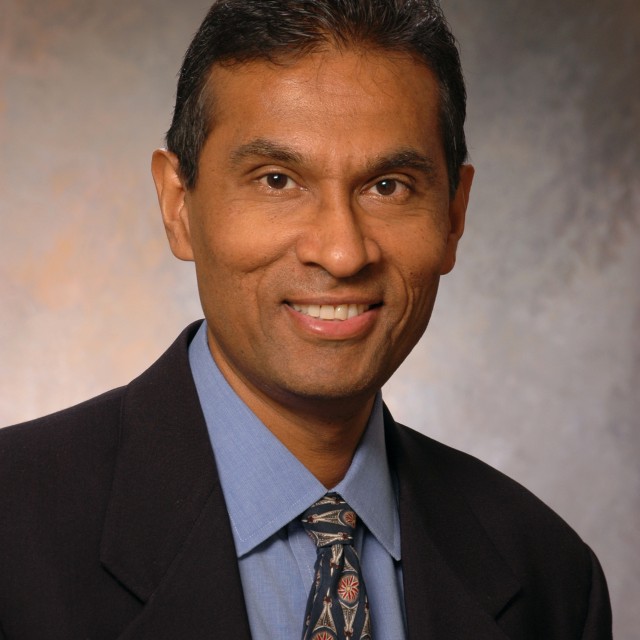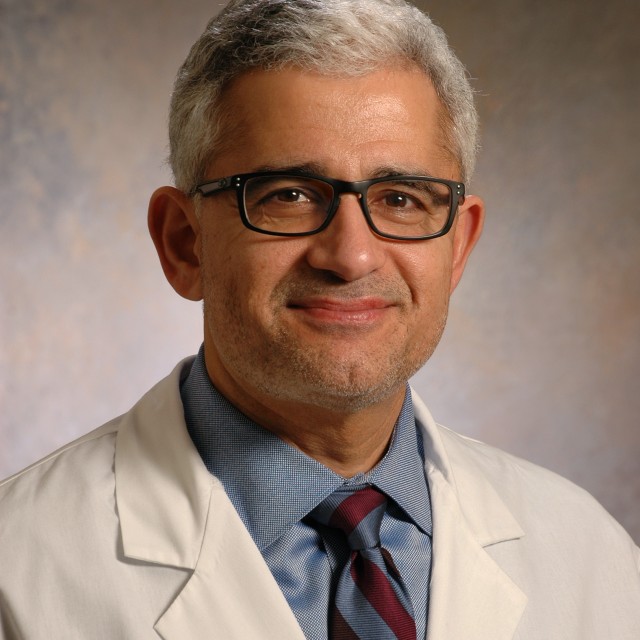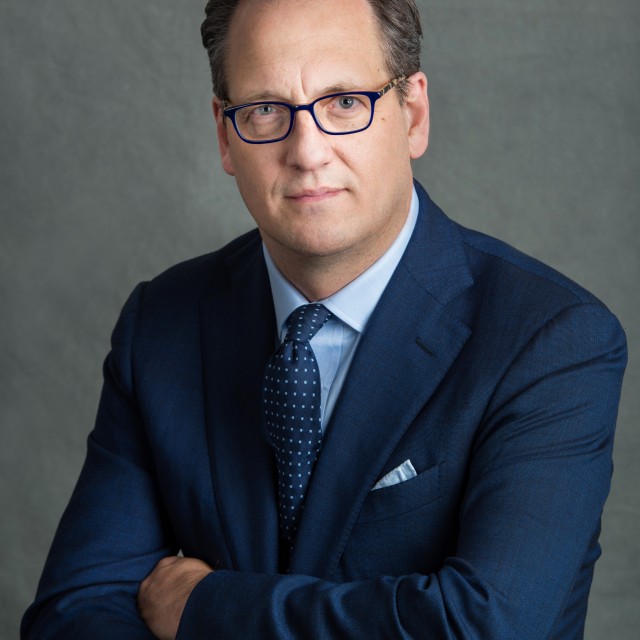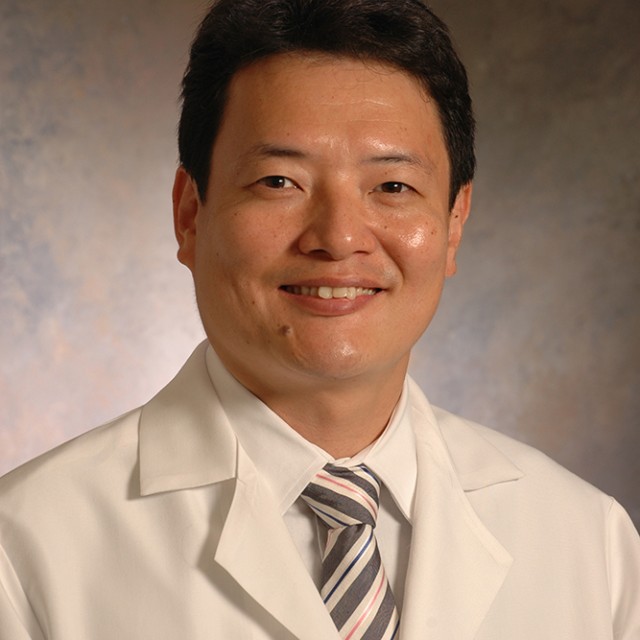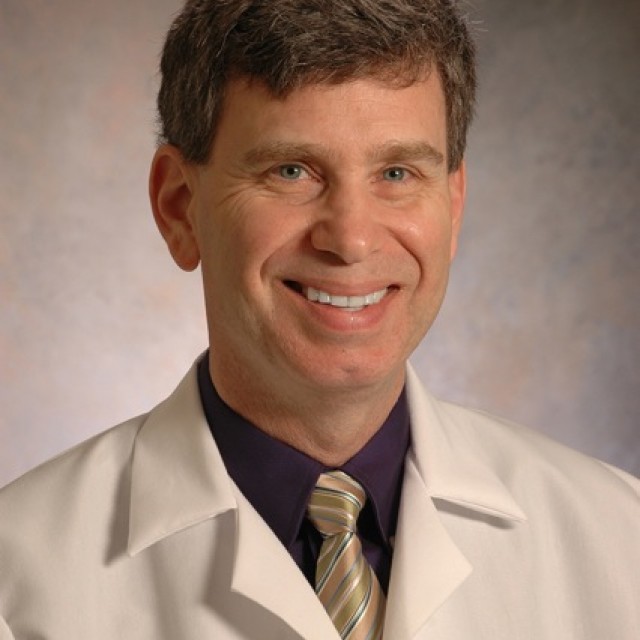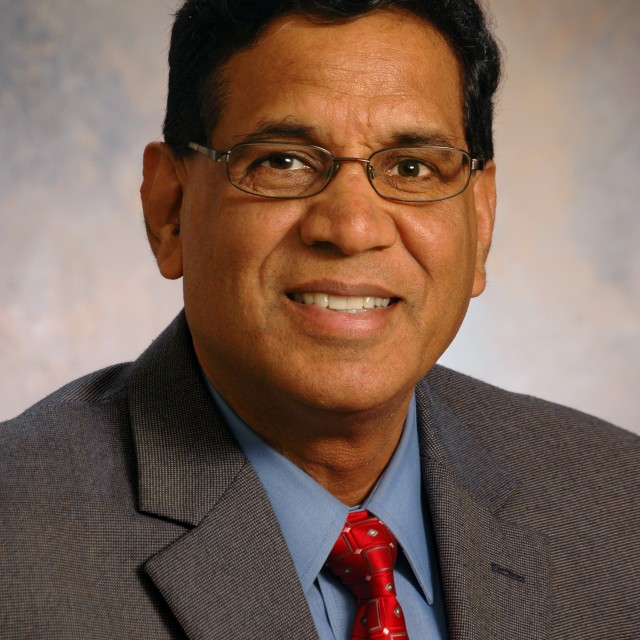Since pioneering vascular anastomosis and organ transplantation in animals over a century ago, UChicago Medicine has been a site of consistent innovation in cardiovascular and transplant surgery. The Section of Cardiac Surgery continues that tradition, providing a wide range of cardiac surgery services, including advanced options such as transplantation, bloodless procedures, and minimally invasive techniques.
Our surgeons are experts in treating coronary artery disease, atrial fibrillation, aortic diseases and other conditions. The Heart Transplant team has established one of the best programs of its kind, with some of the shortest wait times and best survival rates in the country. Our section includes some of the world’s most experienced heart transplant surgeons, who routinely take on extremely challenging cases and treat patients denied at other hospitals around the country. UChicago Medicine is also a global leader in multi-organ transplantation.
In addition to transplantation, our surgeons are recognized leaders in advanced and specialized procedures. The Robotic and Minimally Invasive Cardiac Surgery Program is led by Husam Balkhy, MD, a pioneer in the field of robotic cardiac surgery. The Bloodless Heart Surgery Program combines innovative technologies and surgical expertise to offer a variety of cardiac surgery services to patients who cannot take blood transfusions.
Comer Children’s Hospital offers the safest and most advanced surgical options for the treatment of congenital and acquired heart disease. Our patients range from the tiniest newborns to teens and adults who need “redo” reconstructive procedures after prior surgeries for congenital heart disease. Our surgeons have specialized expertise in complex and high-risk cases—and offer minimally invasive options for a variety of procedures.
The Section of Cardiac Surgery is also involved in a variety of basic, translational, and clinical research. In addition to two basic science laboratories, our surgeon-scientists participate in clinical trials evaluating a variety of medical devices and therapies.
The University of Chicago Medicine's Section of Cardiac Surgery is dedicated to excellent patient care for the most complex medical conditions. We are recognized by U.S. News and World Report as one of the best hospitals in the nation for heart surgery.
We offer a wide array of procedures and treatments, including:
The Section of Cardiac Surgery is involved in a range of basic science and clinical research on cardiac disease and related therapies. Our basic science laboratories are run by Dr. Narutoshi Hibino, MD, PhD, and Mahesh Gupta, PhD.
The Hibino Lab is working on cutting edge developments in tissue engineering—with a focus on vascularization, endothelization, perfusion, and 3D bioprinting. Utilizing over 3,000 square feet of dedicated research space, Dr. Hibino and his team have made significant advances in engineering viable cardiac tissue and vascular grafts. In collaboration with Professor Bozhi Tian, the Hibino Lab has recently developed a prototype of an ultralight pacemaker that has no moving parts, is powered by light, and can be implanted in a minimally invasive procedure.
The Gupta Lab investigates the cellular and molecular basis for heart failure.
In addition to basic and translational research, our faculty are involved in a variety of clinical trials, evaluating new prosthetic heart valves, organ preservation devices, and ventricular assist devices.
The Sections of Cardiac and Thoracic Surgery provide comprehensive, personalized training in cardiothoracic surgery through an ACGME-accredited Cardiothoracic Fellowship program.
The Section of Cardiac provides advanced training in cardiothoracic transplant surgery services, including both heart and lung transplantation through a non-ACGME accredited Cardiothoracic Transplantation Fellowship program.

